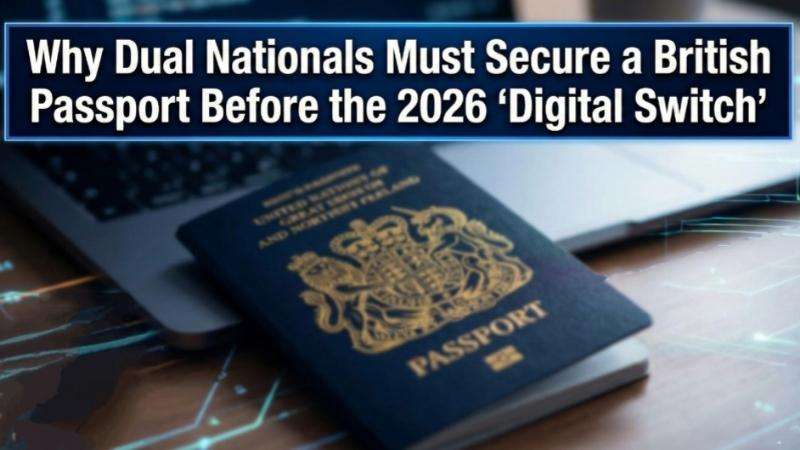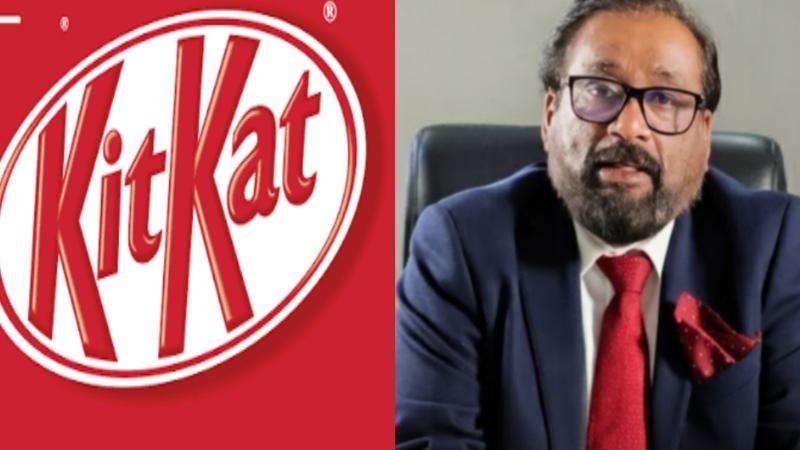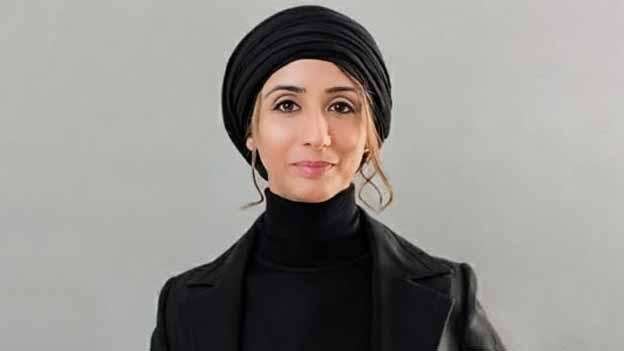The United Kingdom's Halal food market is undergoing a spectacular expansion, valued at USD $89.45 Billion in 2024 and forecast to soar to USD $149.61 Billion by 2030, reflecting a vigorous Compound Annual Growth Rate (CAGR) of 8.95%. This robust growth is underpinned by the steady demographic rise of the Muslim population, which constitutes over 6.5% of the UK's total residents, and a growing consumer trend favouring ethically sourced and certified products.
While major supermarkets like Tesco, Sainsbury's, and Asda rapidly expand their Halal offerings, and online platforms gain traction, a key market dynamic is emerging: a significant imbalance in the representation of Halal food suppliers by country of origin, particularly concerning the British-Bangladeshi community.
The British-Bangladeshi Paradox: A Market Segment Awaiting Supply
The British-Bangladeshi community is one of the foundational groups of the UK's South Asian diaspora, with a population of 652,535 according to the 2021/22 statistics. This group, forming approximately 1% of the total UK population, represents a substantial and concentrated consumer base, particularly in areas like Greater London, where they account for 3.66% of the region's population. Despite their prominence and deep culinary heritage, there is a notable shortage of British-Bangladeshi owned companies operating at scale within the premium and diversified segments of the Halal food market.
In contrast, the market is currently dominated by companies founded or owned by entrepreneurs of British-Pakistani, British-Indian, and Middle Eastern origin. For example, industry giants such as Tariq Halal Meats Limited were founded by British-Pakistani entrepreneur Tariq Sheikh. Similarly, a well-known premium Halal brand, Haloodies Limited, was co-founded by Noman Khawaja and Imran Kausar, and its significant control involves figures like Asif Rangoonwala, all figures from the broader South Asian diaspora, often associated with British-Pakistani heritage. Other prominent players like Tahira Foods Limited have British and American directors listed, whilst KQF Foods Limited and other companies in the sector, like some parts of Abdullah Catering Limited and QF FOOD SERVICES LTD, involve directors of British-Pakistani and wider South Asian or Middle Eastern backgrounds.
The Shortage of Authentic Bangladeshi Halal Cuisine
The core issue highlighted by market analysis is a clear shortage of authentic, modern, and readily available Halal food products from British-Bangladeshi owned enterprises when compared to the well-established offerings from British-Pakistani and British-Indian owned companies. While traditional corner shops and takeaways owned by the community are ubiquitous, the transition to branded, certified, and premium-packaged products suitable for mainstream supermarket shelves is critically lagging.
This gap is more than just a matter of market share; it represents a missed opportunity to cater to the growing demand for diversified and authentic regional cuisine within the Halal space. British-Bangladeshi cuisine, famous for its regional flavours and unique culinary profile, remains relatively underrepresented beyond the high street curry house model. Companies that are making inroads, like the founders behind Saveways Superstore Limited and directors in certain companies like QF FOOD SERVICES LTD or Hiba Halal Meats Limited, often have British-Bangladeshi individuals involved, but a comprehensive presence across all food categories is yet to materialize. The vast consumer segment demanding authentic Bangladeshi flavours is currently underserved.
Premiumisation: The Opportunity for British-Bangladeshi Entrepreneurs
A major driver of the projected $149.61 Billion market value is the trend towards premiumisation and diversification. Consumers, particularly second and third-generation British Muslims, are demanding value-added, gourmet, and convenient Halal options, moving beyond traditional meat staples to embrace ready-to-eat meals, healthy options, and fusion cuisine.
This is the golden opportunity for British-Bangladeshi entrepreneurs. By leveraging their authentic culinary knowledge and focusing on high-quality, certified, and innovative products—such as frozen fish from Bangladeshi sources, specific regional snacks, and premium ready-to-cook meal kits—they can directly address the supply shortage in their niche. Establishing a standardized, highly certified brand in line with leading monitoring bodies, and securing shelf space in mainstream retail, would not only unlock a massive domestic market but also position the UK's British-Bangladeshi food industry for international export growth.
The Halal market’s future is about quality, convenience, and cultural authenticity. The challenge for the British-Bangladeshi community is to move from being one of the UK’s largest Halal consumer bases to becoming a leading source of its next generation of premium Halal food brands.
"Regrettably, despite the immense, untapped opportunities available for British-Bangladeshis in this sector, we lack the corresponding number of entrepreneurs," stated Monir Ahmed, a leading business figure from the British-Bangladesh Chamber of Commerce and Chairman of JMG Cargo, speaking to the Daily Dazzling Dawn on Sunday night.
"The UK Halal market is expanding rapidly, and it will continue to grow. There is huge potential for success here, and investment is both safe and highly promising. The challenge facing us is to not only strive to capture a significant share of the UK Halal market but also to become a major source for the next generation of premium Halal food brands," he added.







.jpg)
.svg)

.jpg)
.jpg)
.jpg)